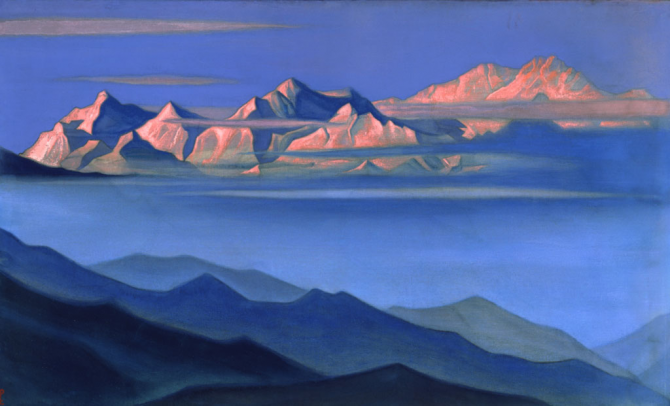It’s already a crazy busy spring, but one of my favorite authors has just released his first book in five years.
So naturally I put everything else on hold.
As I wait in line at my favorite local independent bookstore – of course I’m going to buy it – I think back to how impressed I was by this man’s character and decency, clearly evident at a reading I attended some 25 years ago.
I recall being blown away by the trickster twists of his early stories. I again appreciate his respectful approach to the subjects of his nonfiction explorations, whether wolf or whaleboat or Walpiri. Then there’s the short story so good it had to be read numerous times, the awards won and honors received, the respect shown by other authors…
I suddenly realize that the book in my hand is 500 pages! I explain to the cashier how this is not a problem (some of those previous books were just too thin), and dash home to dig in.
I finish in time, barely, to offer this review.
The book is Horizon, the author Barry Lopez. It’s been billed as a collection of autobiographical essays, but this is somewhat inaccurate unless you realize how deeply and consciously Lopez’s peripatetic life is intertwined with the land, wild animals, art, and other people and cultures. It’s more geobiographical than autobiographical.
Consider this as a launching point:
“The Achilles heel of consciousness is that we forget. We forget what we stand for. We forget to maintain good relations with the people around us. The reason for story is to repair the damage that forgetting always does.”
While here he’s speaking of relations among people, Lopez’s stories all expand his (and our) relations to far more than our fellow Homo sapiens, and thus offer untold possibilities of damage repair.
Horizon is divided into seven sections, like the seven continents, spanning the globe and over fifty years of travel. Endpapers by Russian artist Nicholas Roerich hint at exotic voyages, and several maps assist the reader in following Lopez’s travels.
He begins near his home, using a wind-lashed promontory in Oregon’s Coast Range as a point from which to meditate on Pacific exploration, the area’s native people, a fascinating character named Ranald MacDonald, and a person he’s long been intrigued by, 18th century captain and navigator extraordinaire, James Cook. Cook’s closest approach to America was at Cape Foulweather in 1778, where storms forced him to drop anchor and study the “hills and vallies… principally covered with wood” from afar. Lopez, in typical fashion, points out that this is not just our west coast, but the eastern shore of the northern Pacific.
(Speaking of Cook, this is a good place to mention that author Tony Horwitz is returning to Liberty Hall, on May 23rd. Horwitz, who memorably joined forces with Jonathan Earle to discuss all things John Brown some years ago, wrote about “boldly going where Captain Cook has gone before” in Blue Latitudes. This time he’ll be talking about SPYING ON THE SOUTH: AN ODYSSEY ACROSS THE AMERICAN DIVIDE.)
Lopez often subtly shifts viewpoints in an effort to gain greater understanding. Another example: at the Galapagos Islands, he focuses on the surrounding waters as much as the famous islands. 6,000 miles farther south, he says “it hasn’t rained in the Wright Valley for two million years” -- framing Antarctica in an unexpected way. While there, he sees rocks “wilder than any form of life I’d ever known.”
Walking with anthropologists in Africa’s Rift Valley, he searches for bits of our ancestors’ bones. In northern Canada, he hefts the seven-foot long tusk of a narwhal. He flies to Australia just to witness the oldest rocks yet discovered on earth. He flies a kite over the South Pole.
These snapshots leave out an important component of Lopez’s life and travels: people. Yet he has long seemed most captivated by places where our numbers are few. His Arctic Dreams won the National Book Award in 1986; Horizon concludes in Antarctica, “the only place on Earth without an aboriginal history.”
Barry Lopez, in his 70s and fighting cancer, is not done traveling, and is making plans to strike out toward another earthly horizon. Long may he help repair the damage of our forgetting.




Add a comment to: Expand Your Horizon